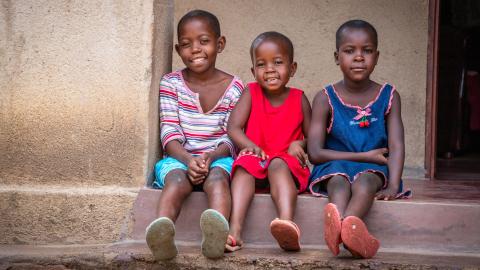
ENSURE Zimbabwe
The five-year Enhancing Nutrition, Stepping Up Resilience and Enterprise (ENSURE) programme was designed to improve the nutrition of women of reproductive age and children under the age of five, increase and improve agricultural production and marketing, and increase communities’ resilience and response to disasters and shocks.
World Vision Zimbabwe implemented ENSURE in partnership with Care, SNV and Safire with funding from USAID’s Food for Peace programme.
Despite working in an extremely challenging context fraught with recurring droughts, the LaNina, Fall Army worm, an unstable economy, and most recently Cyclone Idai, successes were seen in the areas of maternal and child nutrition, household income, irrigated agricultural production, small live-stock production, disaster risk reduction and preparedness, community resilience, and gender equity.
Watch this video to learn more: https://www.youtube.com/watch?v=fB0DEb-A7rY
Nutrition
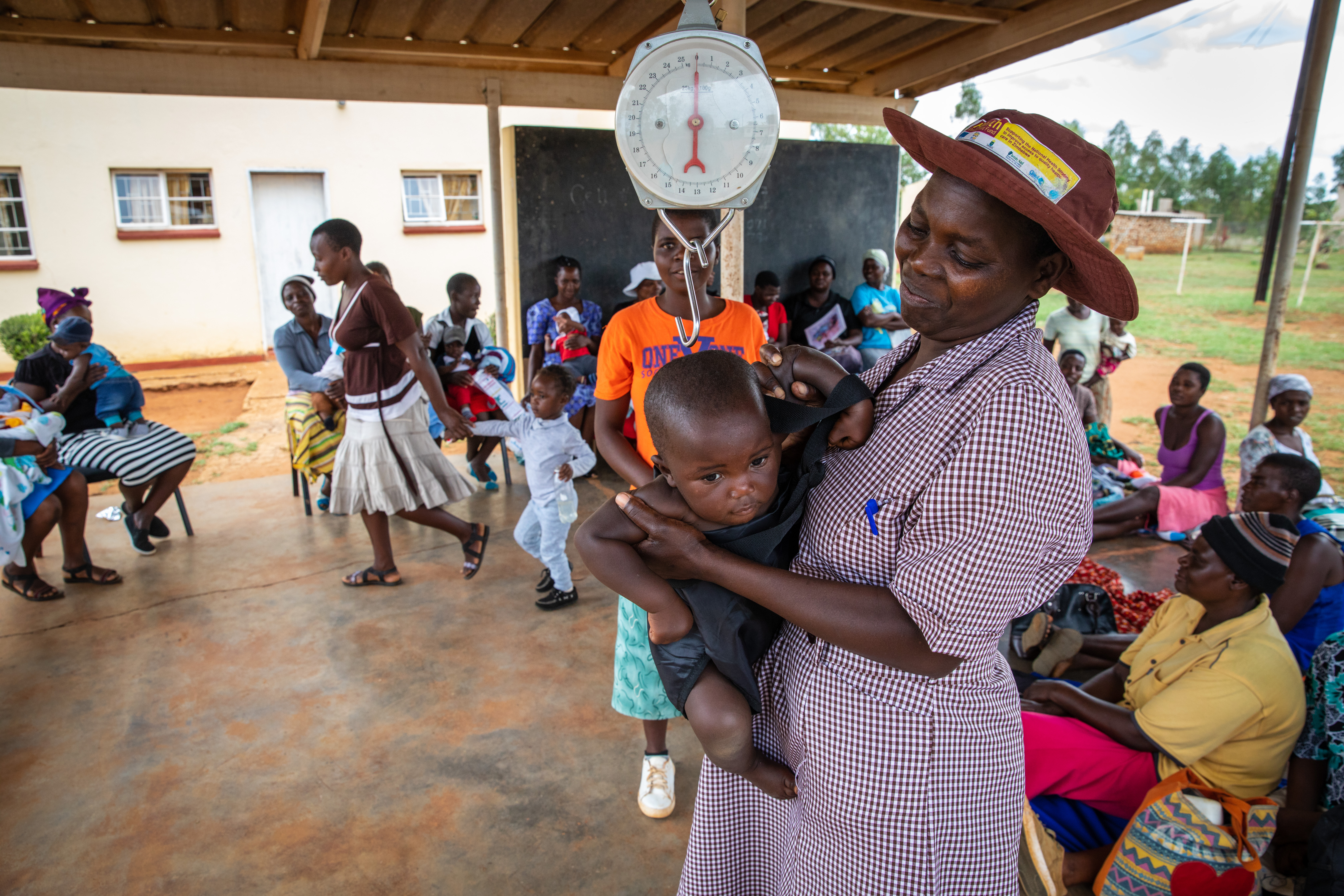
In the area of nutrition, the programme targeted women of reproductive age and children under the age of five with targeted supplementary food rations. Additionally, a robust health and nutrition training package was delivered via the Care Group method. Care Groups teach pregnant women and mothers how to better care for themselves and their babies, including the importance of exclusive breastfeeding; eating nutrient-rich foods; and safe water, sanitation, and hygiene practices.
As a result of these interventions, the prevalence of stunting in children under the age of 5 has reduced from 28.1% at baseline to 19.7% at endline.
Increased income
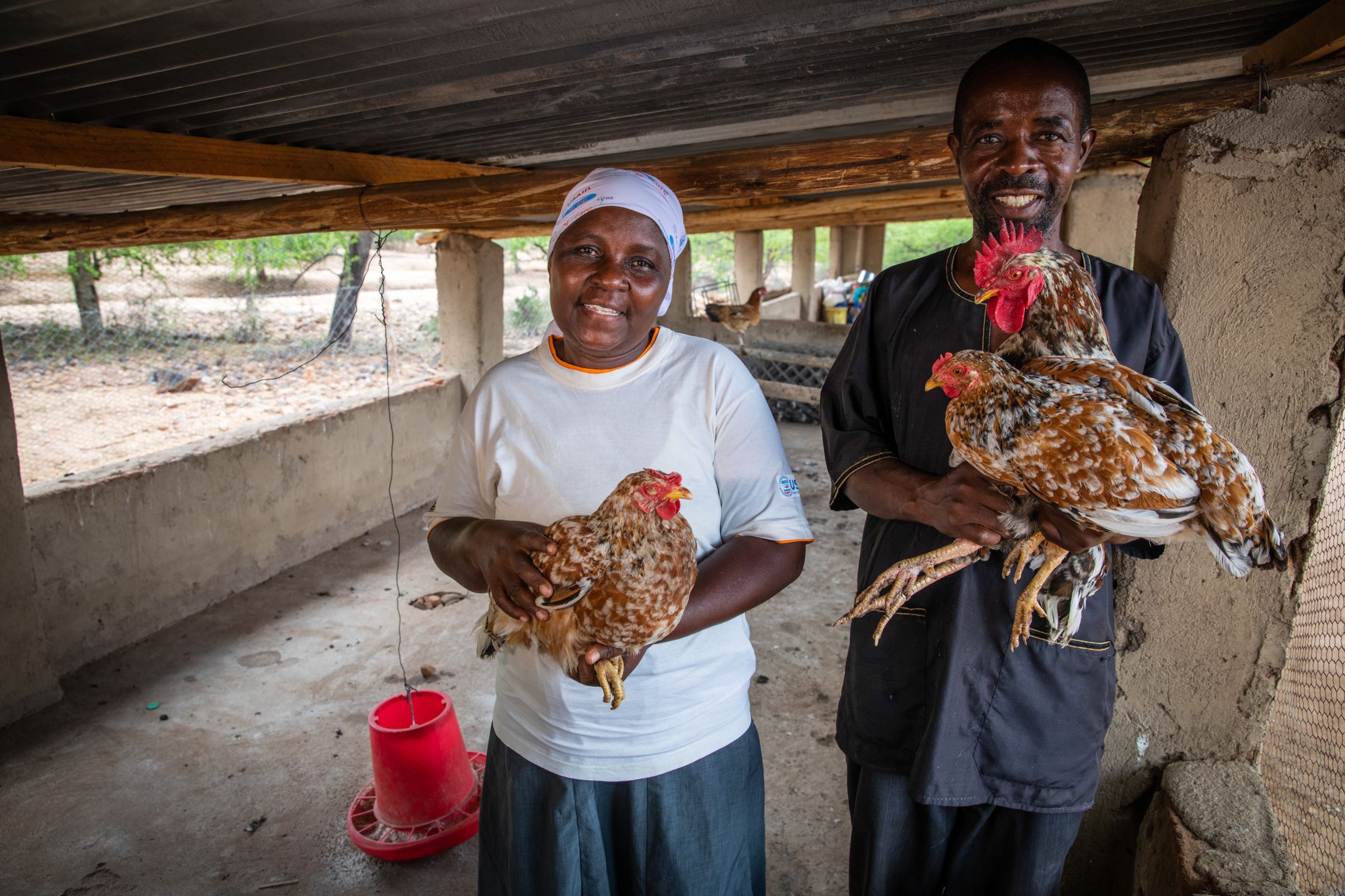
ENSURE built the capacity of farmer field schools, producer associations, agro-dealers and others engaged in key agricultural value chains such as groundnuts, small livestock, and horticultural crops. These activities supported over 20,000 farmers to produce crops and raise livestock in greater quality and quantity, and ultimately enhanced household economy when these commodities were sold for profit.
In addition, over 17,000 people were trained to save money in Village Savings and Loan Associations. These savings groups teach people living in poverty, who otherwise wouldn’t have access to banking services, how to collectively save, loan, and pay back money, and set long-term financial goals.
The number of farmers with access to financial services increased from 14.2% at baseline to 27.5% at endline.
Community resilience
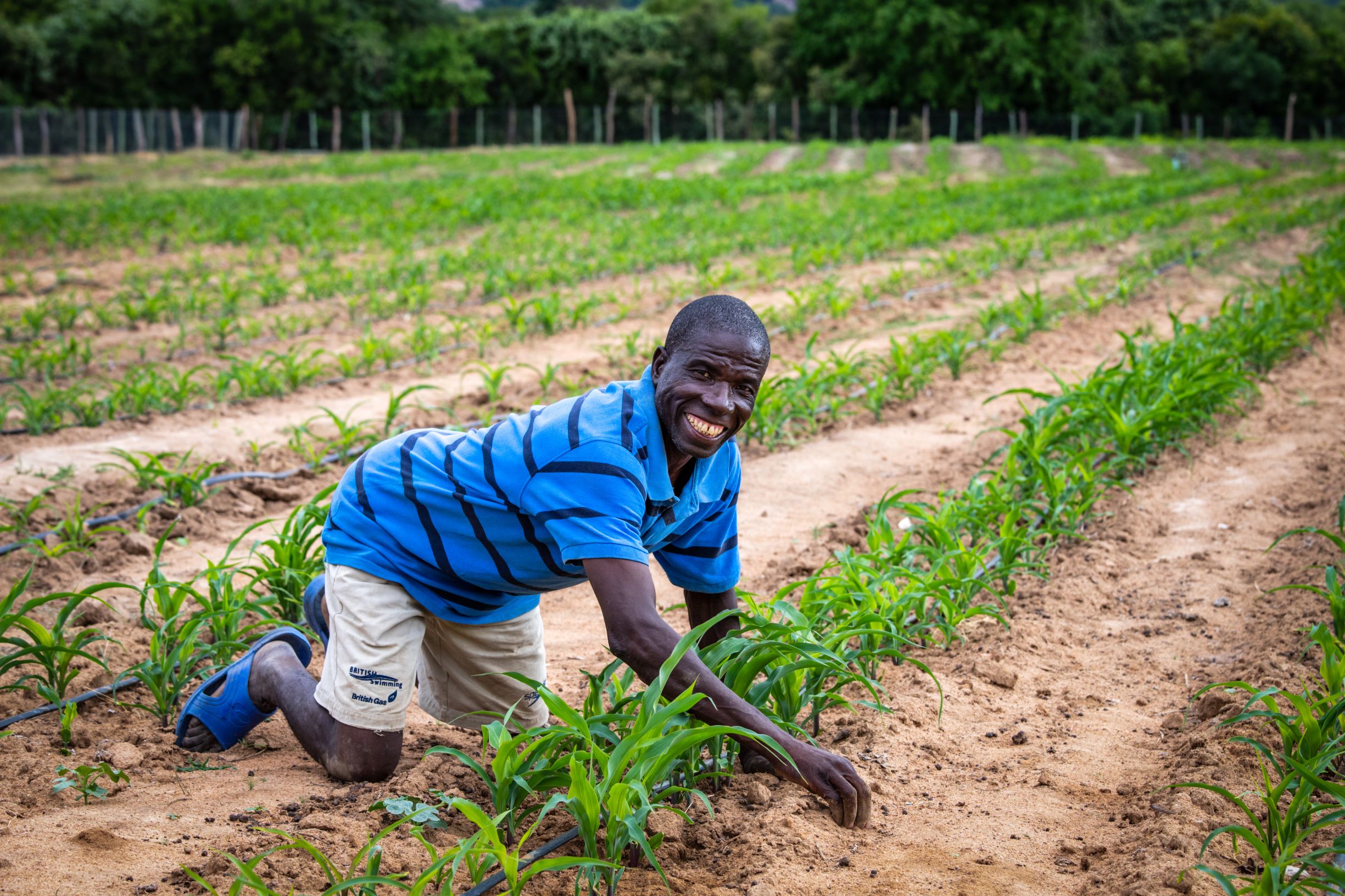
Inconsistent rains and periods of drought led to a lack of crop diversity and a low yield for farmers in this area. ENSURE trained and coached hundreds of communities to increase their absorptive and adaptive capacities in the face of natural and other disasters that cause setbacks in a community’s food security. This included changing centuries-old mindsets on the importance of environmental and natural resource stewardship.
ENSURE helped communities to improve their resilience capacity through Food for Asset programming, where communities construct dams, irrigation schemes, wells and nutrition gardens. Asset management committees were also formed to train communities to manage these assets and foster sustainability of the developmental gains.
Across ENSURE program areas, more than 4,500 households now have access to more than 282 hectares of irrigation land.
Gender equity
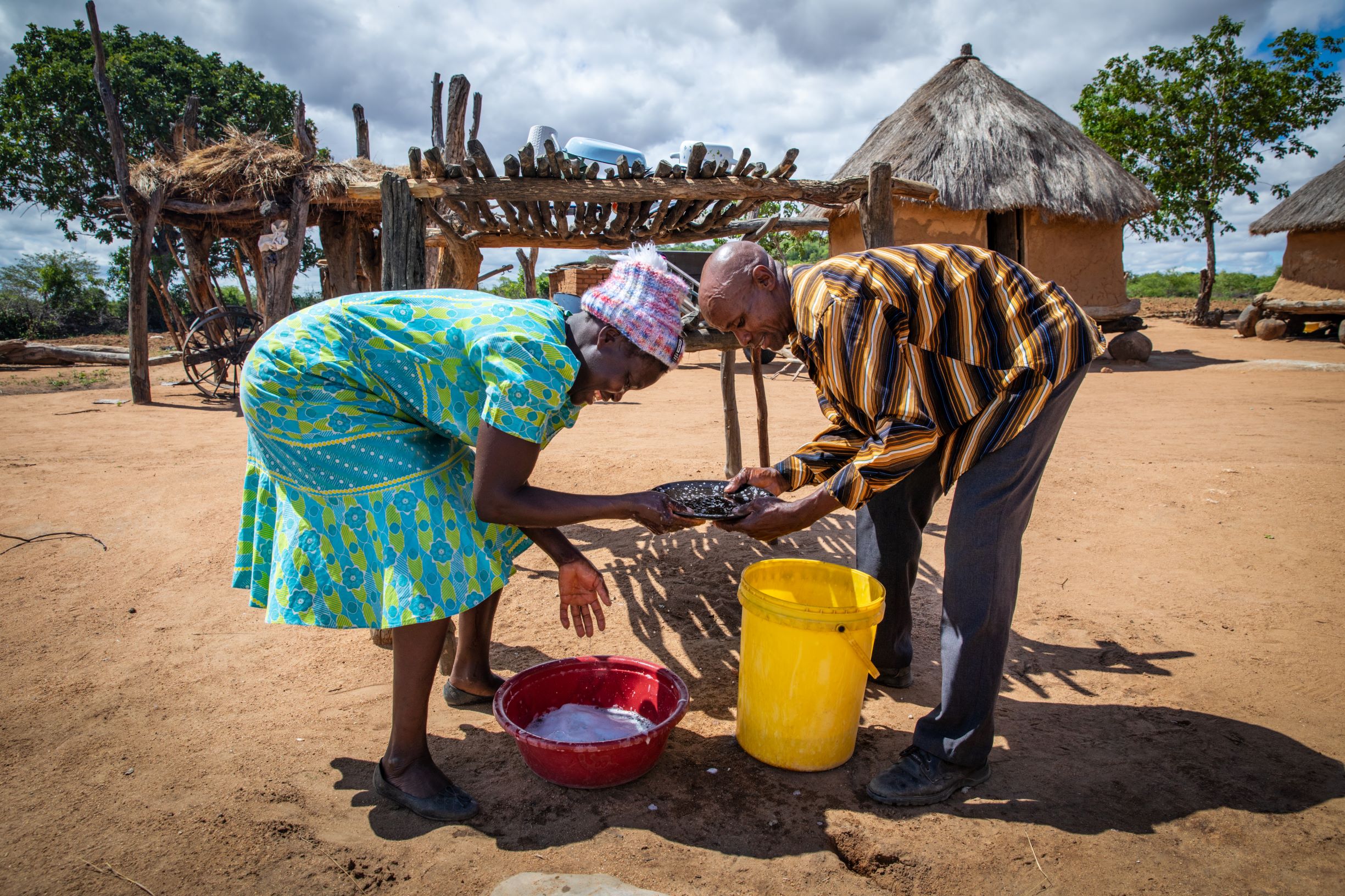
The programme utilises two important cross-cutting objectives to increase impact and improve sustainability, namely: 1) working to build gender equity and 2) acting to improve environmental management. All of the activities in nutrition, agriculture and community resilience will be informed and influenced by these two cross-cutting themes.
Previously, cultural barriers prevented many women from making important family decisions, owning property, having bank accounts, or taking up leadership roles in the community. ENSURE’s gender-sensitive programming intentionally targeted women for interventions, empowering them to be change-makers in their families and communities and working to ensure they are included, respected, and empowered.
Gender empowerment training helped build stronger, more loving bonds within households by encouraging men to help with household chores. Men learned that when they help and empower their wives, it can create more peace and love in their marriage and home.
Husbands are now supporting their wives’ business ventures, accompanying them to antenatal visits, respecting them as leaders in the community, helping with weeding and fetching water, and—most importantly—are spreading this message to other men in the community.
For more information, please contact Richard_Ndou@wvi.org, Chief of Party for ENSURE.